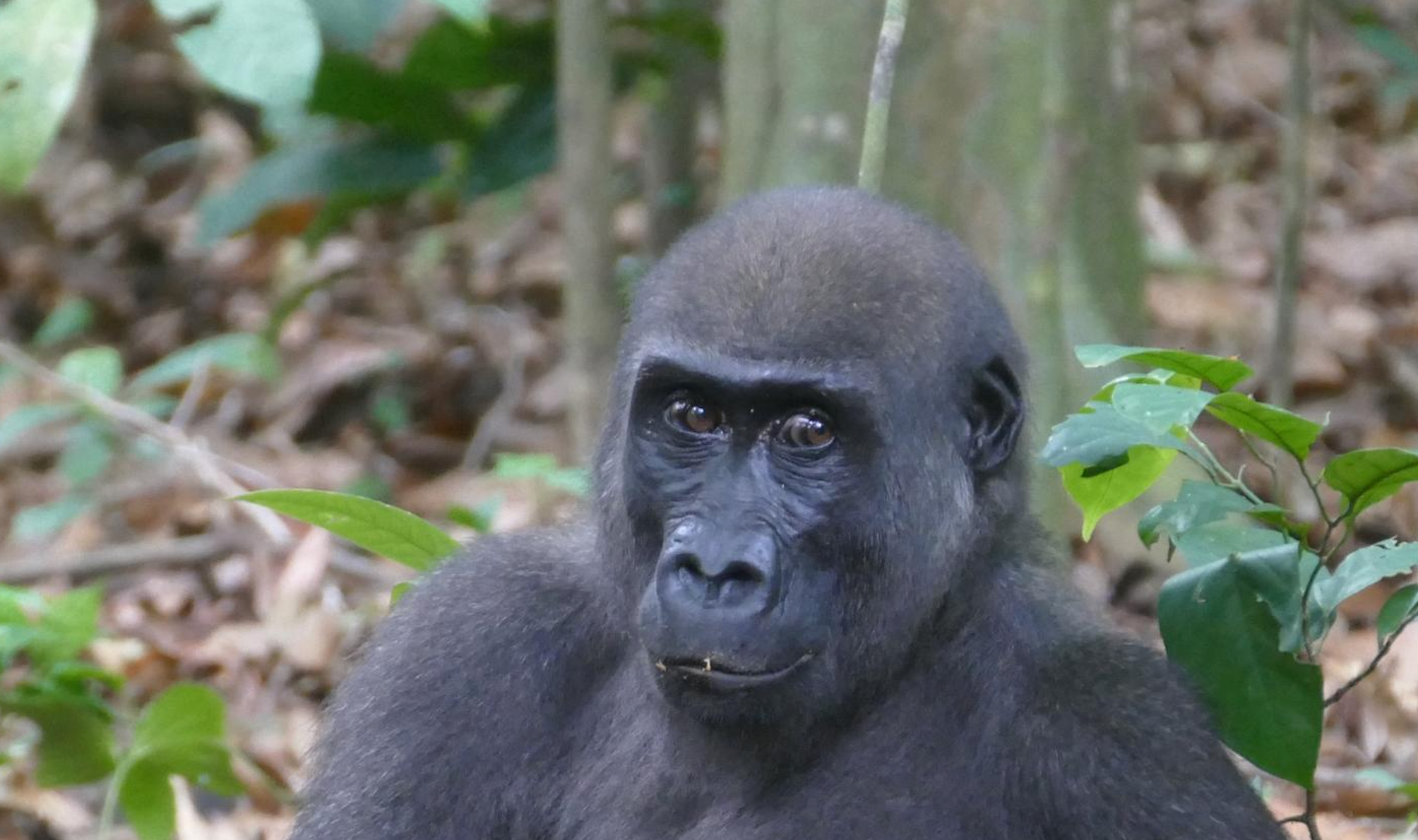Self medicating gorillas help scientists find new drugs
Plant extracts found to have ‘remarkable activity’ against superbugs, scientists said

Your support helps us to tell the story
From reproductive rights to climate change to Big Tech, The Independent is on the ground when the story is developing. Whether it's investigating the financials of Elon Musk's pro-Trump PAC or producing our latest documentary, 'The A Word', which shines a light on the American women fighting for reproductive rights, we know how important it is to parse out the facts from the messaging.
At such a critical moment in US history, we need reporters on the ground. Your donation allows us to keep sending journalists to speak to both sides of the story.
The Independent is trusted by Americans across the entire political spectrum. And unlike many other quality news outlets, we choose not to lock Americans out of our reporting and analysis with paywalls. We believe quality journalism should be available to everyone, paid for by those who can afford it.
Your support makes all the difference.Four plants consumed by wild gorillas in Gabon have antibacterial properties that may help treat superbug infections, scientists found in a new study.
Great apes, including orangutans and chimpanzees, often consume medicinal plants to treat their ailments and some of these plants have also been used as traditional medicine by Indigenous people.
The new study, published on Wednesday in the journal PLoS ONE, observed the behaviour of western lowland gorillas (Gorilla gorilla gorilla) in Moukalaba-Doudou National Park in Gabon and recorded the plants they ate.
Researchers also interviewed 27 people living in the nearby village of Doussala, including traditional healers and herbalists, about the plants used in local medical practices.
Scientists found an overlap of four native plant species that were consumed by gorillas and also used in traditional medicine.
These inlcuded the fromager tree (Ceiba pentandra), giant yellow mulberry (Myrianthus arboreus), African teak (Milicia excelsa) and fig trees (Ficus).

Researchers tested bark samples of each plant for antibacterial and antioxidant properties.
They also investigated the chemical composition of each of these plants.
The bark of all four plants was found to have antibacterial activity against at least one superbug variant of the bacterium Escherichia coli.
For instance, the fromager tree was observed to have “remarkable activity” against all tested E.coli strains.
Scientists found that all the four plants had compounds with medicinal effects, including phenols, alkaloids, flavonoids, and proanthocyanidins.
However, it remains unclear if gorillas in Gabon consume these plants for medicinal or other reasons.
Recent studies have shown that a variety of plants used by animals may also be used for the same therapeutic purposes in humans.
In this behaviour, known as zoopharmacognosy, animals ingest or topically apply plants, soils, insects or even psychoactive drugs on their skin to treat or prevent diseases.
For instance, an orangutan was spotted in Indonesia treating a wound earlier this year using a plant with known pain-relieving properties.

This marked the first known instance of a wild animal tending to its injuries with medicine, but scientists suspect this behaviour could be more common among apes in the wild.
While animals using plant parts is widely seen, the treatment of wounds with specific biologically active substances have not been widely documented.
Scientists hope further research on the four plants investigated in the study may yield promising drugs to treat multidrug-resistant bacterial infections.
The study highlights the need to preserve biodiverse regions, such as central Africa, which are home to a huge reservoir of unexplored and potentially medicinal plants.
“Alternative medicines and therapies offer definite hope for the resolution of many present and future public health problems. Zoopharmacognosy is one of these new approaches, aimed at discovering new drugs,” scientists wrote.
Join our commenting forum
Join thought-provoking conversations, follow other Independent readers and see their replies
Comments